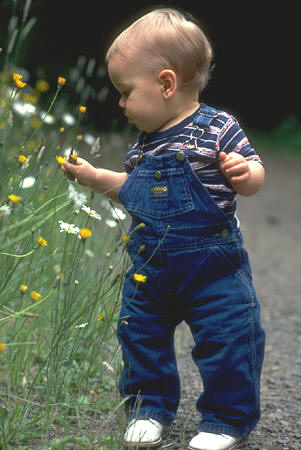But you add, further on: "And sex IS dangerous, in many ways". So... But of course, opinions on what endangers it, will differ - yet there's a common rationale here. And how do we read a philosopher who wrote stuff 2000 years ago, really? (Paul is seen as a 'philosopher of the will' typically). Greeks, Persians, Jews, Babylonians ... we know there was wisdom too then. These people all had a life, they had a capacity to think, and to write. With regard to Paul, it is now understood that he was far more Jewish in his thinking than was formerly believed. And the Jewish idea about women was not that bleak. E.g. divorce was possible, but the social well-being of the woman was protected (divorce letter was required, for instance). Song of Songs is widely known as an eloquent eulogy on the woman, not as an sex object but as a being in high regard. (There are more people today - in relative numbers - who see the woman as sex object than there were in the past). Okay, this is not the particular danger you were mentioning here - but still. There isn't just one danger here, of course.hadespussercats wrote: JCEmmanuel, there are many, many people in the world that see sex as shameful, not "good," or endorsed by "nature" as a design entity. In fact, I'm surprised that a christian is unfamiliar with the writings of Paul on this matter.
Paul's polemic also need an understanding in context of his letters. Bible verses about 'Paul on women' are too often isolated from the wider context - where some abuse in the early churches was being addressed, for instance. But I won't dig into that shit now (although it's quite interesting shit, if you love good shit, that is).
Christians are not necessarily unfamiliar with these things. In documents like these, there's always good and bad points, situations, stuff; they are usually good or bad in quite a different way than is being assumed by a 21st century citizen reading an ancient text while sipping a sophisticated drink, seated in an opulent armchair. Let's be honest, we usually don't know too well how to read people of the past with some sense of dignity. Some of us still think that believers in the middle ages thought the world was flat. (Today we know which writers were responsible for this nonsense - but we are very slow to correct our collective mind).
Right. But you can be right, and at the same time be incomplete in what you are saying. For instance, sex isn't dirty, but sex can be made very dirty - ask the hookers in LA. Read the statistics, how many of them have Herpes, Chlamydia, Gonorrhea etc. - in spite of the sex industry officially having rules in place (condoms required etc). - Oh well, the whole scene is one of abuse. The sex industry exists because of men, mostly. I dare to call that a dirty sex situation. So it isn't just a one-side kind of situation we have here. And if unjustified association of sex with dirty requires education, I'm sure a lot of people need education to call some aspects of what they call sex as dirty when it really is dirty. It is all about human dignity, hadespussercat. I'm not the one dictating that the 12 million teens who are regularly watching porn online today SHOULD be cared for by Big Brother - but there are many serious and open-minded mothers who think something's wrong with our overall education level and how we deal with our freedoms.hadespussercats wrote: This attitude towards sex, that it is shameful, or dirty (except in specific endorsed circumstances, such as within marriage, or for the purpose of conceiving children) is one of the many reasons that sex education isn't provided to people who need it.
In my opinion, what Paul was telling 2000 years ago is peanuts compared to what we have today. Paul was, even if interpreted in the worst possible way, a softy compared to what WE sometimes have to say today in order to educate a 100+ billion dollar porn industry out there.
If you defend an atheist or a naturalistic position at this point, only with the suggestion 'since when', I'm not going to argue against you. Indeed, we differ in our presuppositions.hadespussercats wrote: You talk about nature not being our enemy, that we don't need to fight against it. Since when does nature have intent? ... Nature wants us to get pregnant?
But for the sake of clarity: nature has a habit of fighting for survival, for life, and for the 'good stuff' in general. Of course, in terms of ethics or even aesthetics we know there are natural inclinations that are quite commonly seen as asocial (or worse), and we tend to differentiate our judgments accordingly - life, joy and honesty: yes; egotism, hostility, hurting: no. Generally speaking, we think favorably about nature when nature promotes life in non-violent ways. Of course, it is only in the human mind that we subjectively consider nature this way - but that is how it is: it is how we are, and it is what we choose (it is our liberum arbitrium). I strongly favorize a humanistic understanding of nature. I'm not the only one of course, neither does everyone agree with this. But the argument is out there to be considered.
I can agree with this formulation. I would put the emphasisis on "last-ditch" and I would say "seemingly necessary", to avoid determinim at this point.hadespussercats wrote: And if a woman is pregnant, and doesn't want to have the baby, or is physically, financially, or socially at risk if she carries it to term, abortion does indeed present a solution to her problem. A last-ditch solution, to be sure, but in our world as it stands, a necessary one.
Kind regards.







